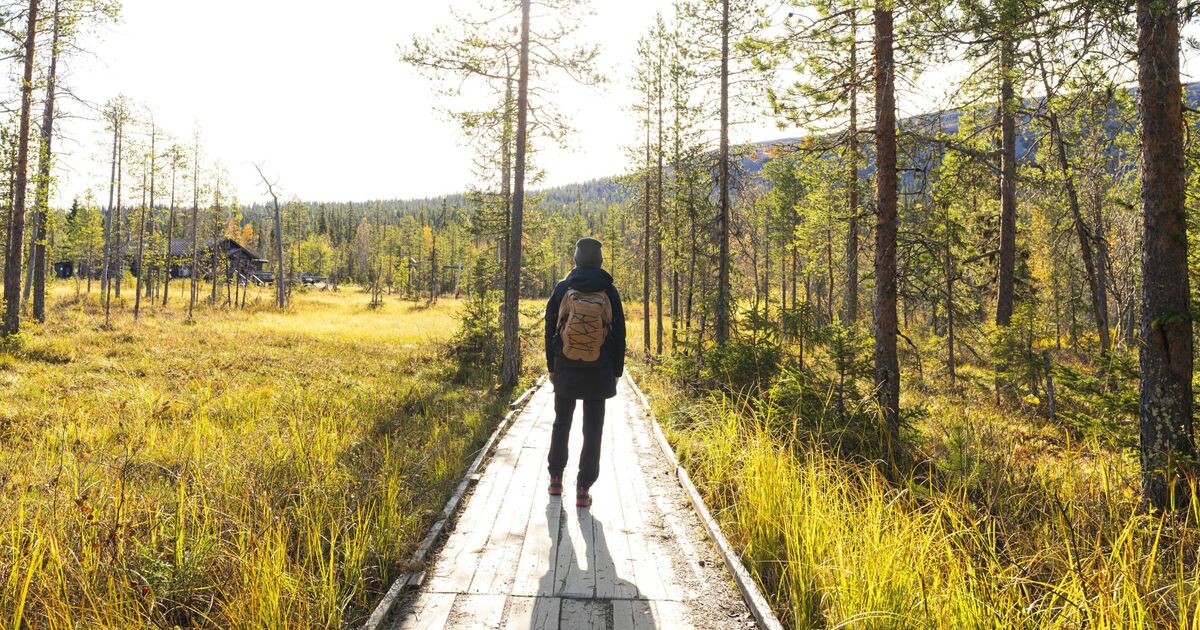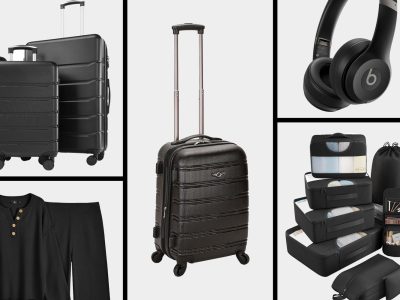If it’s a happy life you want then there’s one European country which has absolutely nailed it – and it’s not the UK.
For 10 years in a row Finland has been crowned the happiest country in the world according to the World Population Review.
To determine the world’s happiest country, researchers analysed comprehensive polling data from 143 countries for the past three years, specifically monitoring performance in six particular categories: gross domestic product per capita, social support, healthy life expectancy, freedom to make your own life choices, generosity of the general population, and perceptions of internal and external corruption levels.
These scores were then blended together and compared against a fictional dystopic country which works as a ‘rock bottom’ example.
Finland took top honors—for the tenth year in a row—with an overall score of 7.741, followed (in order) by Denmark (7.583), Iceland (7.525), Sweden (7.344), Israel (7.341), the Netherlands (7.319), and Norway (7.302).
When it comes to why Finland is so happy, it relies on a variety of factors, accoridng to The Conversation.
Finland has low income inequality, meaning the gap between the rich and poor is smaller than other countries. It also has low levels of corruption, good public transport and high social support.
Finland also has more equitable schools than other countries. It’s likely you will have a good education at whichever school you choose.
Housing policy in Finland is also better, with a wide variety of social housing and low homelessness – plus, its health service is the envy of the world. Even in the worst days of the Covid-19 Pandemic, wait times were just a matter of days.
It also offers ‘cradle to grave’ welfare which contributes to feelings of security.
Finland is also one of the safest countries in the world with very low crime rates. Parents feel comfortable letting their children walk to school alone, and people generally feel safe in their daily lives.
Mahmudul Islam lived in Finland for several years and wrote about in Business Insider saying the feeling of security he experienced was due to all the various social support that is interwoven through Finnish society.
He said: “Even working a service job, I had automatic deductions for pension and unemployment benefits from every paycheck that went to these publicly funded programs.
“I think the lesson is that individuals should not be solely responsible for their happiness. The state and policymakers play a pivotal role in building a happy society.”
Finnish work culture values personal time and relaxation. Employees enjoy generous paid holidays, parental leave, and flexible working hours.
The concept of “kell’ onni on, se onnen kätkeköön” (happiness is a private matter) means people don’t feel the need to chase success for external validation.










